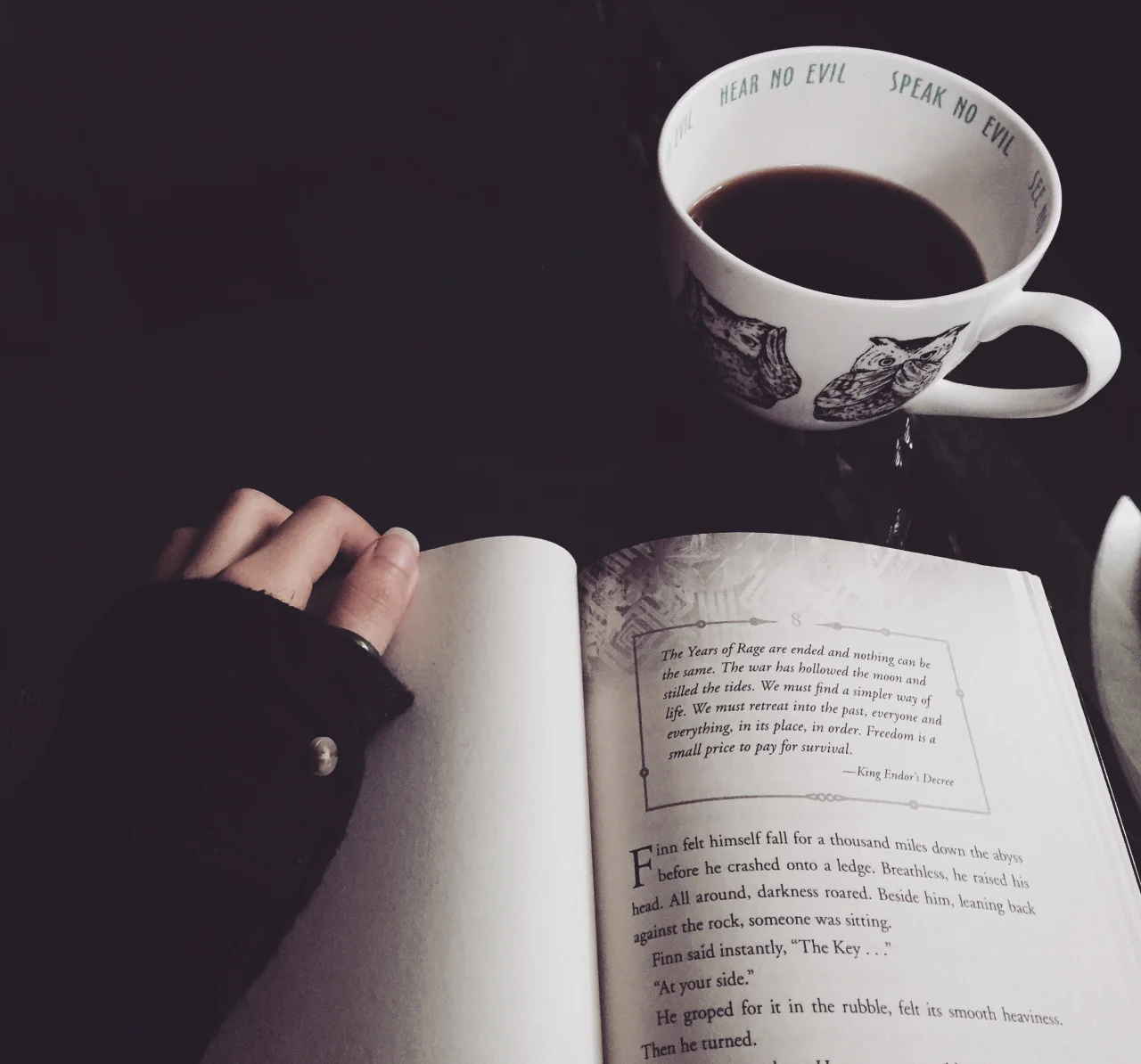Like most writers, you’re probably an avid reader. Maybe you have your own story percolating your brain right now! But how do you sit down and start writing that story? How do start a task as daunting as writing a book?
Jeff Goins, author of The Art of Work, says book writing is best accomplished in three phases: Getting Started, Doing the Work, and Finishing. I’ve added my own tips below within these three phases:
1. Getting Started
Sounds simple, right? Wrong. This is often the toughest part. You’re probably wondering how you’ll transfer the vibrant story in your head to the blank page in front of you.
First, pick a genre, and decide what the story is about. Do you like crime? Memoir? Nonfiction? Historical fiction? Romance? What is your basic storyline?
Map out your characters. Characterization is one of the most important parts of writing, so don’t cheat this one. Roughly map out your characters, their traits and their transformations in your story. Even go as far as writing biographies for your characters. If you don’t truly understand them—and you created them—how will your audience understand them?
Start from the end. Endings can make or break your story. Decide how you want to tie up your story in the end, and then work from there. This way, you’ll be able to craft your plot with the end goal in mind and not end up with the dreaded Deus Ex Machina (unless you’re going for the M. Night Shyamalan thing).
2. Doing the Work
Now, it’s time to get down to business.
First, we need to make an outline. I’ve always hated making outlines, probably since I first learned to write essays in elementary school. It’s a step I always want to skip, but I know I’m so much more productive when I have a map to follow later on. You don’t have to include every single detail of your book either! Make it easy on yourself, and type up an outline that works for you. I’d suggest including a brief overview of each chapter, the main struggle of your story, important character interactions and plenty of room for improvisation.
Set a total word count. And while you’re at it, decide how many words you plan on writing each day. Come up with a schedule, and stick to it!
Write, edit, rewrite. As Hemmingway said, “There is nothing to writing. All you do is sit down at a typewriter and bleed.” I wouldn’t go as far as saying there’s nothing to writing, but this should be the fun part! This is the part you love, after all.
Find some friends. Get feedback as early as possible, just so you know your work is making sense. You don’t want to have to go back and do a massive rewrite, do you? Feedback can be scary, but sometimes nothing propels you further in your craft like critique and validation.
3. Finishing
It’s time for final edits. This is the nitpicky perfecting and polishing that will really make your book shine. It seems tedious, but is crucial to the process.
Commit to publishing. Please, please, please don’t go to all this trouble to let your manuscript sit in a drawer. I know it’s daunting to release your story to the world, but if you don’t, what’s the point?
Celebrate and start planning the next one. Take some time off if you need it, but start thinking about what you want to write next. Don’t let this project zap you of your creativity and keep you from future writing.
If you’re still struggling with creativity, inspiration and motivation, I highly suggest reading Big Magic: Creative Living Beyond Fear by Elizabeth Gilbert. Liz, author of Eat, Pray, Love, is an incredible writer and knows a thing or two about writing books. The thing that sets apart Big Magic from other writing self-help books is her focus on living and enjoying a creative life. She taught me how to truly love my work and not fall into tortured artist persona that so many adapt. It’s a quick read, but I promise it will change your work, mind and life.
I’ll leave you with a Big Magic quote from Liz herself: “The universe buries strange jewels deep within us all, and then stands back to see if we can find them.”
Go find your jewels, and write your story.




















